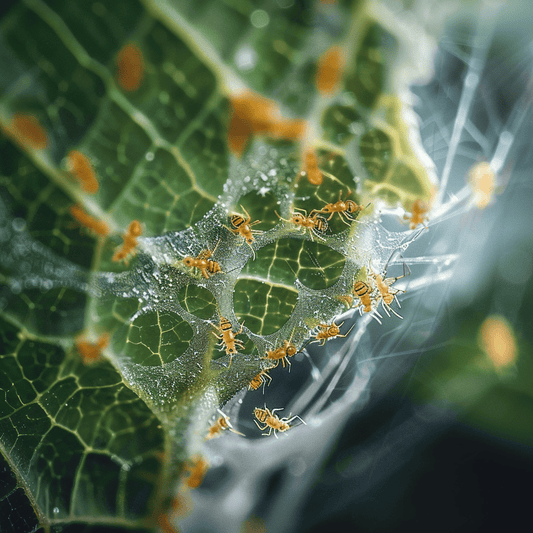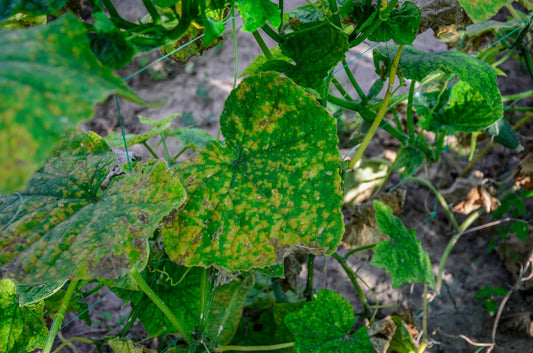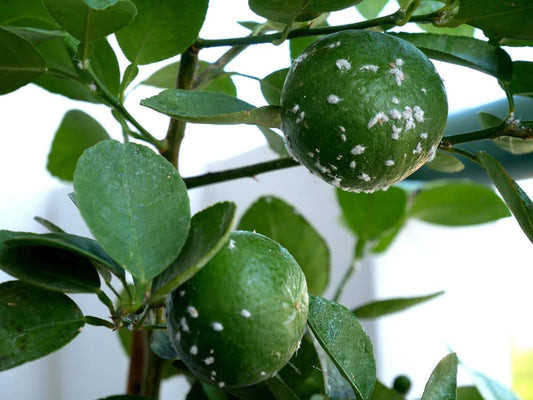Scale insects, belonging to the Coccoidea family, are tiny, sap-sucking pests notorious for their protective shell-like coating. These pests can be categorized into two types: armored (hard) scales and soft scales. The former is known for its hard protective covering, while the latter produces a sticky substance known as honeydew, which can lead to sooty mold growth on plants.
Identifying Scale Infestations
Plants infested with scale insects may exhibit yellowing leaves, stunted growth, and even branch dieback. The presence of honeydew, particularly from soft scales, can further complicate plant health by encouraging the growth of sooty mold.
Understanding the Life Cycle
Scales undergo several life stages: egg, nymph (crawler stage), and adult. Female scales typically remain stationary, laying eggs underneath their protective shell, making them a challenge to control once established.
Preferred Hosts and Conditions
Scale insects are not picky eaters, infesting a broad range of plants, including fruits, vegetables, ornamentals, and those grown in hydroponic systems. While they can be active year-round in controlled environments, their growth and activity may increase during warmer months. Plants that are overcrowded or under environmental or nutritional stress are particularly vulnerable to scale infestations.
Prevention Strategies
Preventing scale insect problems involves regular plant inspections for early detection, maintaining optimal plant health, and ensuring good air circulation. These measures can help discourage scale establishment and infestation.
Treatment Approaches
Affected plants can be treated by manually removing scales using a soft brush or cloth, applying horticultural oil or insecticidal soap, or introducing beneficial predators like ladybugs into the environment.
Home Remedies for Scale Control
Horticultural Oil Spray
- Ingredients: 1 cup of vegetable oil, 1 tablespoon of liquid soap, and 1 gallon of water.
- Instructions: Create a concentrate by mixing the vegetable oil and liquid soap. Dilute 1-2 tablespoons of this concentrate with 1 quart of water for use. Spray the mixture directly onto the plants, focusing on areas under leaves and at the base of stems to suffocate the scale insects. Repeat every 1-2 weeks as needed, avoiding application during high temperatures to prevent leaf burn.
Alcohol Solution
- Ingredients: Rubbing alcohol (70% isopropyl alcohol) and water (if dilution is necessary).
- Instructions: Apply rubbing alcohol directly to the scales using a cotton swab for small infestations or spray undiluted for larger problems. After treatment, rinse the plants with water to remove any residual alcohol. Monitor the plants and reapply as necessary, testing a small area first to ensure the plant's tolerance.
Monitoring and Maintenance
Regularly monitor for early signs of scale and maintain plant vigor through proper nutrition and spacing. Sticky traps can be effective in catching flying adults or crawlers, aiding in early detection and control.
Implementing these strategies can help effectively manage scale insect populations in hydroponic systems, ensuring the health and productivity of the plants. When using home remedies, especially those involving alcohol, caution is advised to prevent potential harm to sensitive plants. Testing on a small area before widespread application is crucial to ensuring plant safety.




